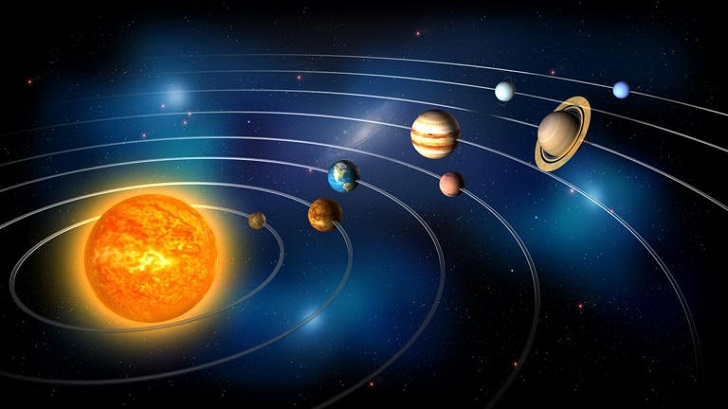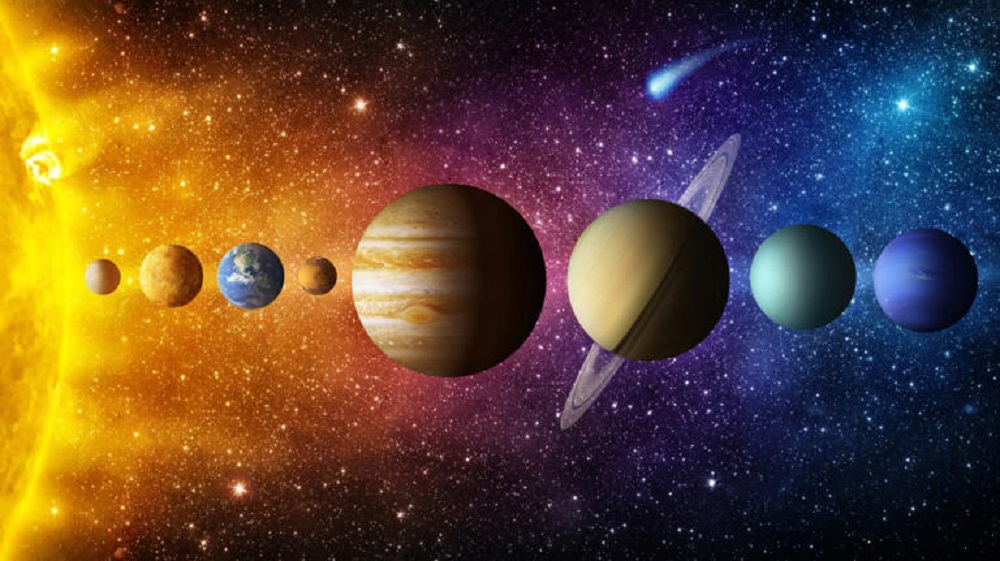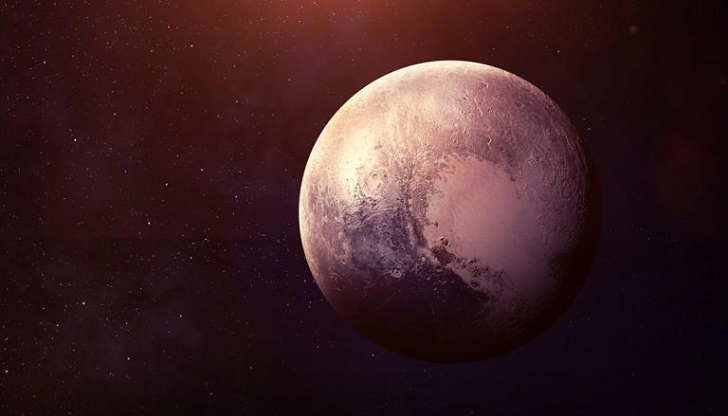California scientists have sparked a fresh debate by proposing a new planet definition. This proposal challenges the current standard set in 2006 when Pluto was demoted to a dwarf planet. The updated definition aims to address long-standing concerns in the scientific community while potentially reshaping our understanding of planets.
The 2006 Planet Definition Controversy
In 2006, the International Astronomical Union (IAU) introduced new criteria to define a planet. According to this definition, a celestial body must orbit the Sun, be nearly round, and clear its orbit of debris. Pluto failed to meet the third condition, leading to its controversial reclassification as a dwarf planet.
Critics of the IAU’s decision argue that the definition is too restrictive. Many believe it fails to consider the complexities of planetary systems. The criterion of clearing an orbit is vague and open to interpretation, leading to confusion in classifying other celestial bodies.

Indy 100 | MSN | According to the 2006 definition, a celestial body must orbit the Sun, be nearly round, and clear its orbit of debris.
A New Planet Definition Proposal
Recently, a group of scientists from the University of California-Los Angeles proposed a new definition. Their definition removes the requirement that a planet must orbit the Sun. This change would include exoplanets, celestial bodies that orbit stars beyond our solar system, under the planet category.
The proposal also introduces mass limits, suggesting that a planet must meet specific size requirements. The planet should be massive enough to form a spherical shape due to its gravity. This attempt to standardize the definition has reignited debate among planetary scientists.
What About Pluto?
Despite the excitement around the new planet definition, Pluto would still not regain its status. Under the proposed criteria, Pluto’s inability to clear its orbit of debris continues to disqualify it. This outcome frustrates Pluto supporters, who argue that its unique features deserve recognition.
Many scientists argue that Pluto’s geology, atmosphere, and moons make it significant, regardless of its classification. They believe a strict definition limits our understanding of celestial diversity. The debate around Pluto’s classification may continue even if the new proposal becomes widely accepted.
The Role of Exoplanets
One major advantage of the new definition is its inclusion of exoplanets. Since the discovery of thousands of exoplanets orbiting distant stars, many scientists have questioned the IAU’s solar system-centric criteria. The current planet definition does not apply to these new discoveries, creating gaps in our classification system.
Including exoplanets in the definition expands our understanding of the universe. It reflects the need for an updated framework for celestial bodies beyond our solar system. However, the new mass-based criteria could complicate how we distinguish between planets and other objects.
Concerns with the New Proposal
Not everyone agrees with the new definition of a planet. Some scientists believe introducing mass limits complicates the classification process. Determining whether an object meets specific size criteria requires advanced modeling and data.
Another concern is that focusing too much on physical characteristics could limit our broader understanding of celestial bodies. Some scientists argue that flexibility in defining planets might help capture the diversity of objects in our universe, while rigid definitions could narrow our view of planetary science.
The Debate Continues
The proposed planet definition has brought the issue back into the spotlight. It has divided scientists and fueled discussions about how we classify celestial objects. This debate is far from over. As scientists continue to explore the cosmos, our understanding of what qualifies as a planet may evolve. Whether the new definition gains acceptance or not, it’s clear that the discussion will continue to shape astronomy’s future.


